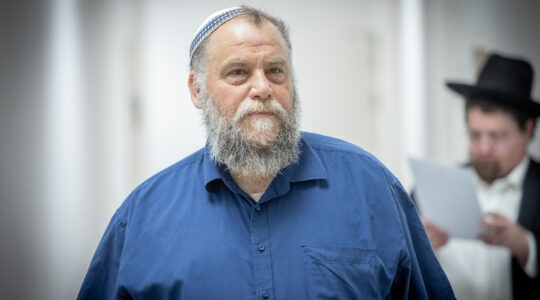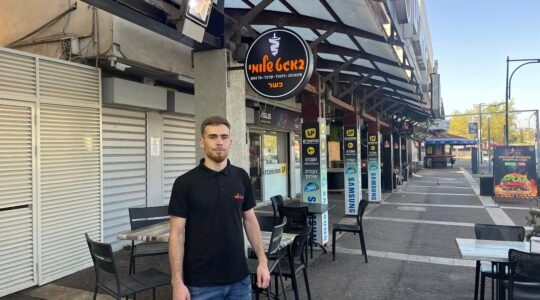JERUSALEM (JTA) — Prime Minister Benjamin Netanyahu called for Israeli political parties to unite hours after being granted an extension to form a new government.
Netanyahu used the threat of Iranian nuclear weapons to illustrate why the country’s politicians must remain united.
Israeli President Shimon Peres on Saturday night gave Netanyahu a two-week extension, as permitted by law, to continue his efforts to form a coalition government.
Netanyahu reported to Peres that in discussions with potential coalition partners, he has made "significant progress" on foreign affairs, economic issues and universal military or national service, but has been unable to form a government due to a "boycott" of the haredi Orthodox parties.
"I am doing everything within my power to unite the nation; I believe that we as Jews have suffered from boycotts," Netanyahu said Saturday night. "We know that Israel is boycotted in international forums; we are rightly outraged when goods from the settlers in Judea and Samaria are boycotted. More than anyone it is the settler population in Judea and Samaria who should understand this as they suffer from daily boycotts."
The Yesh Atid party has said it will refuse to sit in a government with the haredi parties, and the Jewish Home party, which was widely supported by voters living in the West Bank settlements, has said it will only join a government that includes Yesh Atid.
At the opening of Sunday’s regular Cabinet meeting, Netanyahu said he was briefed on major powers’ talks with Iran on the nuclear issue, which he regards as an effort by Iran to stall for time as it continues to process uranium to make nuclear weapons.
Yesh Atid head Yair Lapid wrote on his Facebook page over the weekend that it would "not be a tragedy" if the haredi parties did not sit in the new government.
Also over the weekend, senior advisers to Netanyahu told Israeli news outlets that the new government will have to freeze construction in Jewish settlements outside the large West Bank settlement blocs in order to appease the international community.





